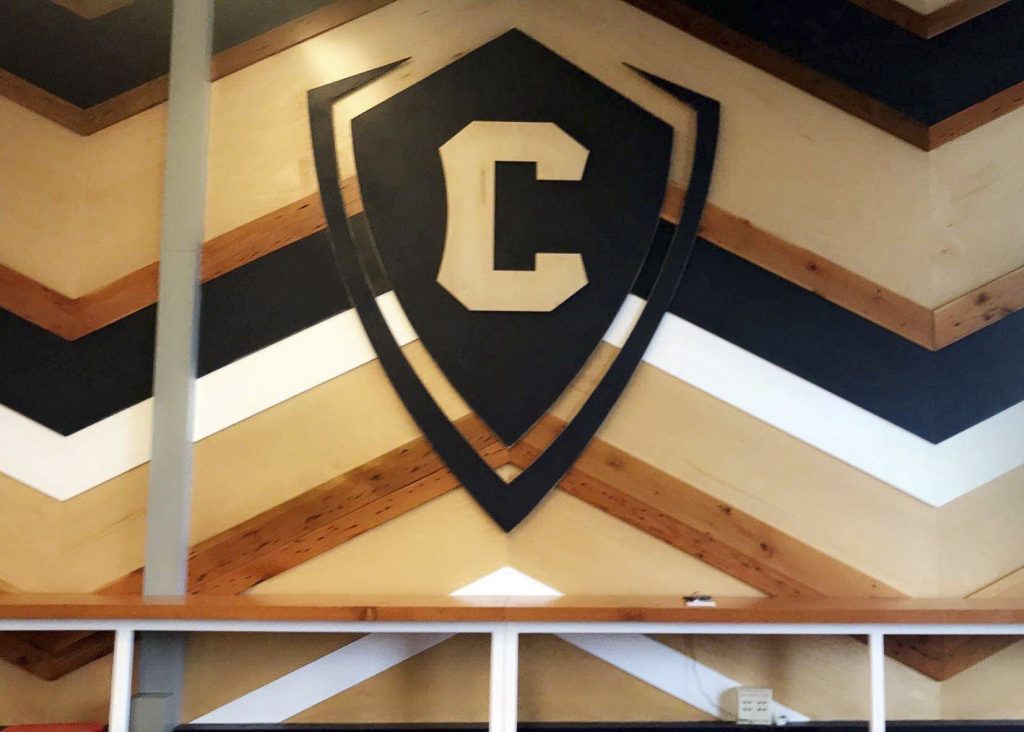
Sage Kiernan-Sherrow | News Editor
Concordia University, located in Portland, is the largest private university in Oregon, and it’s closing permanently at the end of this semester in April — its 115-year run coming to an end.
This makes Concordia the fourth local private university in Oregon to close since 2018, following Marylhurst University closed, The Art Institute of Portland and Oregon College of Art and Craft.
A sophomore at Concordia, Bailey Wieland, called the news a “shock,” mentioning that she felt blindsided, because she had just received an email to register for the upcoming term.
Concordia senior, Christian Thyron, concurred, adding that he had “heard enrollment was the highest it had been in awhile, and that Concordia was expanding and growing.”
Wieland thinks that Concordia’s closing is due to low-enrollment — a notion that is backed by statements from the administration — although former reports show a growing online enrollment pattern over the last few years and their seven-year self-evaluation report portrays them as one of the highest growing universities ranked by the Chronicle of Higher Education.
Regardless, Concordia University has struggled financially in the past few years, following a rollercoaster pattern of increases and decreases. Portland Business Journal published an article on Feb. 10 discussing Concordia’s controversial partnership with HotChalk, a company which creates online degree programs, which resulted in a $1 million settlement that’s cause for speculation.
Condordia has contributed more than 251,000 service hours benefitting an estimated 10,000 people, including 5,000 youth, according to their seven-year self-evaluation report.
“I feel really bad for the university. It’s been a home to people in the community and for those attending and working there,” Thyron said.
Concordia’s financial deficits have resulted in thousands of students struggling to figure out the next steps in their college careers. As Wieland said, “we are asking ourselves ‘where are we going to go now? Is all of our going to go to the other school when we transfer?’” Wieland plans to further her education through the University of Portland, but her peers still have many decisions to make.
Western faces similar issues in terms of low-enrollment. Students interested in learning more about how the Incidental Fee Committee has responded to deficits created by low enrollment can find more information in the upcoming issue of The Western Howl, released on Feb. 18.
Contact the author howlnews@wou.edu
Courtesy of Concordia student, Bailey Wieland

